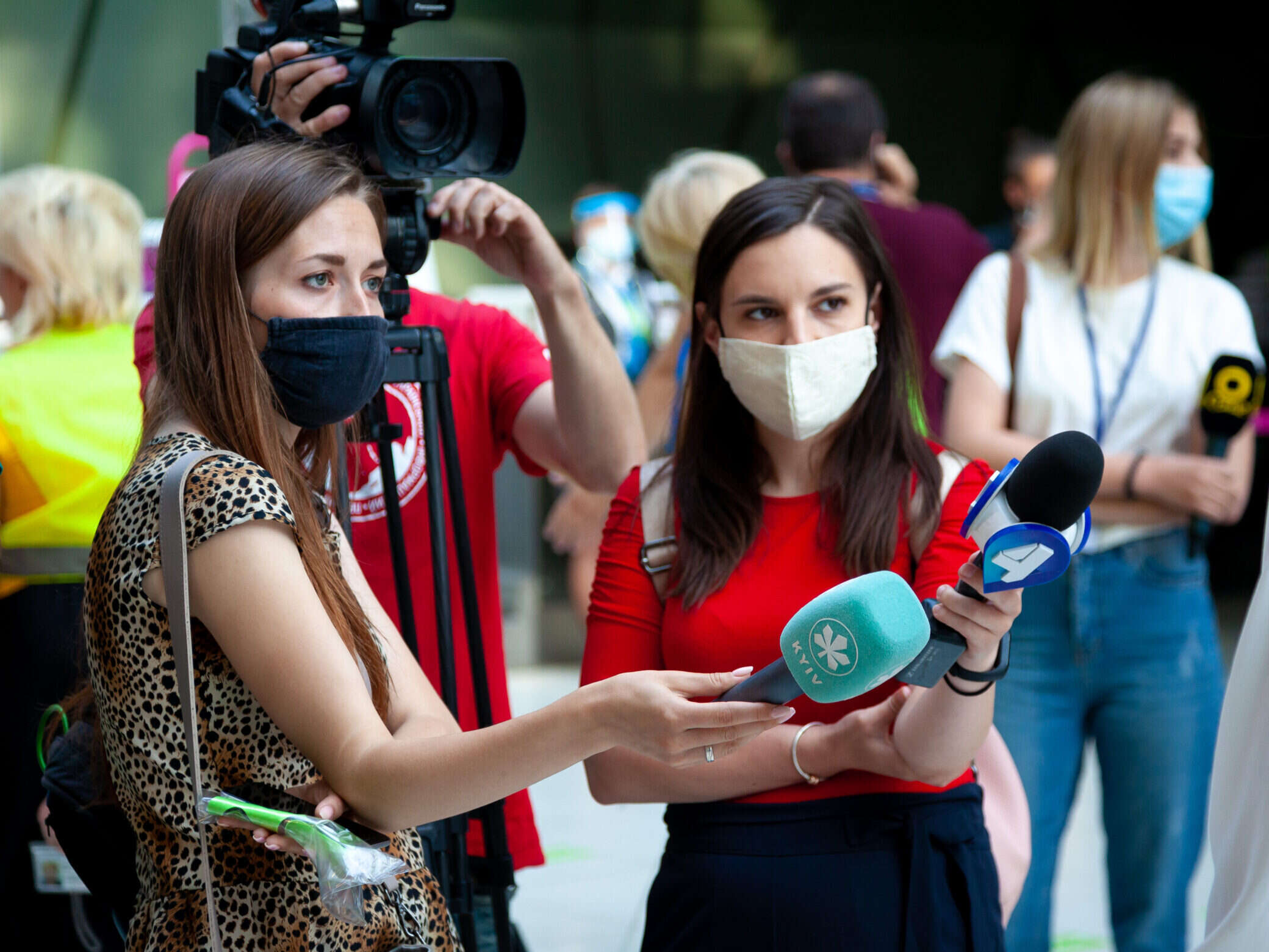
Women in journalism are “back at almost square one” as a result of the Covid-19 pandemic, according to fears raised in a new survey.
It warns women have been disproportionately affected by job cuts and a regression in equality both at work and at home as they are more likely to be part-time, freelance or juggling childcare.
In a survey of 92 female journalists carried out by Women in Journalism Scotland with Gender Equal Media Scotland in November and December, almost a fifth (18%) had lost their job in the past year and a further 29% remained fearful of losing theirs within the next year.
One woman told the survey: “Sadly it is still difficult to progress your career as a female within journalism.
“When I started out there were hardly any women involved, it became better over the years but sadly we are back at almost square one. I’m still the only female in conferences more often than not. Despite award-winning female voices, positions of power are held by far more males.
“Childcare, maternity, part-time working are all still huge issues. Countless examples of downsizing newsrooms where women part-time workers are adversely hit. I question whether this will ever be resolved.”
[Read more: Study reveals exclusion of female voices in coverage of Covid-19 pandemic]
Another said she still faced “the same nonsense I was dealing with in 1995” while a third said equality had been “one of the first things to regress as a result of the stresses of 2020, particularly with regard to domestic responsibilities”.
The survey was also told there was “more conversation but less change” now compared to the 1980s.
Three-quarters (78%) of women with children under 16 who participated in the survey said childcare and home-schooling responsibilities had fallen to them – and a third of this group (31%) said their employers had not been accommodating.
Some 11% of the women had to cut back their work hours, some entirely, to fulfil family responsibilities.
One woman said she had to take time off during the first lockdown because she was the main childcare provider but that she was “pushed” from news into features when she returned to work.
Three-quarters (79%) of the women said juggling childcare and working was difficult but they had no other choice.
One said she “felt overwhelmed at times with no respite” as she frequently covered First Minister Nicola Sturgeon’s briefings and rewrote pages at the same time as homeschooling.
Just over a third of freelance women in the media lost more than half of their work in 2020, according to the survey.
One woman said: “I am not optimistic for the future as I feel there will be many more journalists chasing much fewer jobs and as a freelance, I will be at the end of a very long line with no real support to find paid employment… If I was a single-parent family I would seriously consider retraining as things are so precarious.”
At the same time, 56% of the women said they had been given extra responsibilities or workload without compensation, half said their mental health had suffered to their extent their work was affected, and 36% said they had received abuse of some kind while doing their job – many of whom described it as “just the norm” or “par for the course”.
Catriona MacPhee, co-chair of Women in Journalism Scotland, said: “It has been quite heartbreaking to go through the results of this survey and read of the experiences of not just a few, but dozens upon dozens of women, who say they are barely coping.
“This has undoubtedly been a terrible year for everyone, but it’s clear that women have been disproportionately affected by cuts in the industry and by the regression of equality in the workplace and at home. This has serious implications when media reporting has never been more important.
“At the same time, while it’s extremely worrying to see an increase in hostility towards all journalists in 2020, women are being targeted more, particularly with sexist and personal abuse. We are deeply worried by this trend and believe that, as an industry, it’s time we joined forces across the board to not only stamp out unacceptable attacks, but to ensure proper support and protection is given to those being abused.”
Picture: Shutterstock
Email pged@pressgazette.co.uk to point out mistakes, provide story tips or send in a letter for publication on our "Letters Page" blog
